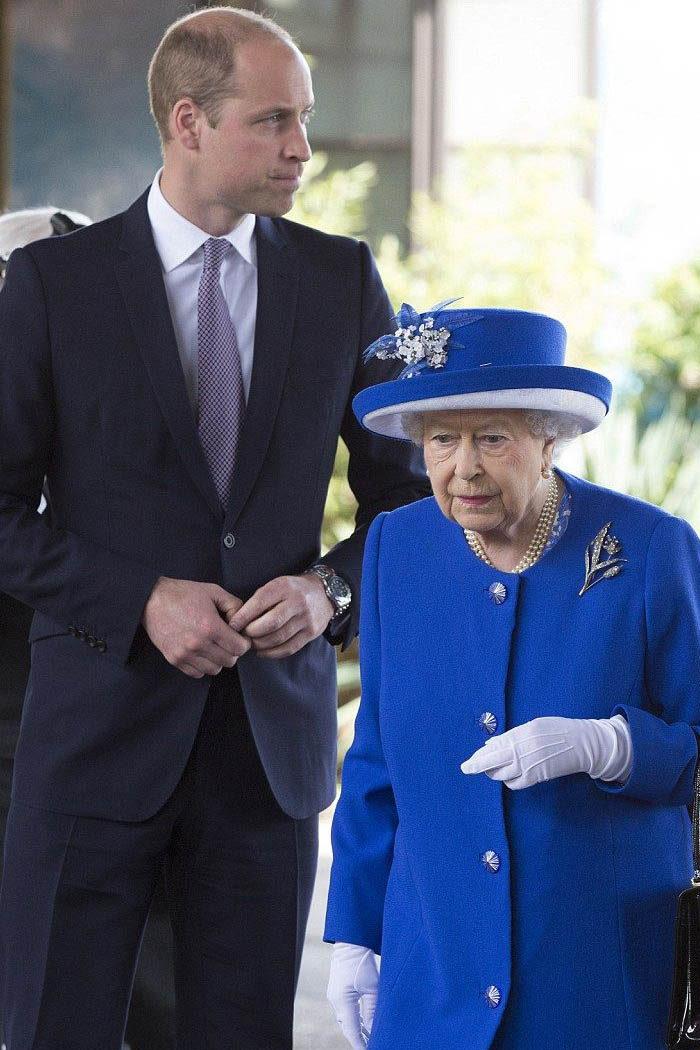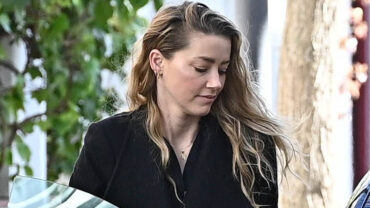Australian Republicans are campaigning to hold a new referendum on whether to replace the Queen as head of state with an elected president. The organisation hopes to be in a position to hold the plebiscite in three years time, as it seeks to capitalise on growing support, particularly among under-25s, for the establishment of a Republic.
Sandy Biar, the National Director of the movement, claims that the monarchy has failed to stand up for Australian interests and has been used specifically to undermine the country’s economic prospects, in trade deals where Britain and Australia have found themselves competing against each other.
This represented an egregious conflict of interest, given the role of the monarchy as head of state in Australia, according to Mr Biar.
The Republican activist told Express.co.uk: “The British monarchy doesn’t represent Australians. It doesn’t stand up for Australians.
“In fact they’ve sent representatives to try and direct trade deals that have undermined Australian interests. So for instance, sending Prince Andrew out on trade missions to secure jobs for the UK over and above Australia.”

He added: “Our previous trade minister, Tim Fisher, would often complain how dire the royals were, as our head of state, sending delegations out, so that we’re having to send our representatives out there to bid for these trade deals, finding ourselves competing with the monarchy.
“That’s just one example where the monarchy was actually working against Australia’s interests, while simultaneously being the head of our country. It shows the inherent conflict of interest that exists within the British monarchy.”
The Republican national director said Australia needed a head of state who is “a champion for Australia, with undivided loyalties” and claimed retaining the British monarchy was actually “divisive and dividing our nation.”
Another bone of contention for Republicans is the power that is granted to the Queen’s representative the Governor-General, by the existing constitutional arrangements.
Under the terms of the Constitution, a Governor-General has the authority to not only dismiss an incumbent prime minister and Cabinet and call for new elections, but can also refuse to grant royal assent to legislation passed by the Australian parliament.
Although these powers have remained for the most part dormant, in rare instances they have been used, causing a major constitutional crisis on each occasion.
The most serious crisis occurred in 1975, when the Governor-General Sir John Kerr dismissed Gough Whitlam’s Labour government, after it failed to pass a budget in what became known as the Dismissal.
Sir John installed Malcolm Fraser from the minority Liberal party as caretaker prime minister, before dissolving parliament for new elections shortly thereafter.
The shadow of that event still lingers in the memory, with Republicans arguing that such powers go against all principles of democratic transparency and accountability.
Referencing the Dismissal, Sandy Biar said: “History shows that these powers have actually been used.
“So we’ve got these provisions that are ticking time bombs for a constitutional crisis and they’re sitting there latently waiting to be activated at the sole discretion of the Governor-General and the Queen.
“It is not the kind of democratic transparency and accountability that we would expect in a transformative government.”
He added suspicions that the British monarchy may not have acted in the best interests of Australia are further fuelled by Buckingham Palace’s recent refusal to publish correspondence between the Queen and her Governor-Generals.
The reason given by the Palace was that the content of that correspondence could damage Anglo-Australian relationships.
Mr Biar commented: “This makes us really curious to know what those letters were saying, because again if there’s been accountability and transparency that one would expect from government, surely nothing should be said between two government representatives at the head of our country that would damage our relationships with another country if they were released.
“Again, it’s another reason why we need an independent head of state that can represent Australia’s interests exclusively.” The last constitutional referendum was decisively defeated in 1999, when Australians voted by 55 percent to stick with the status quo, despite polls predicting a Republican win.
Mr Biar argued that the main reason for the defeat was the lack of consensus over what should replace the monarchy.

He said that lessons had been learnt and that the current campaign was involved in a consultation exercise with the public over which preferred option it would like to see replace the Queen.
Preliminary feed back suggests that the majority of Australians are in favour of a directly elected president, whose role should be ceremonial and whose powers should be subordinated to those of parliament.
The Republican activist is confident that his organisation will prevail in their campaign, pointing out that the demographics in the country were moving decisively in their favour.
He explained: “Since 1999, another four million voters have come onto the electoral roll, either through immigration or being too young to vote. Many of us who are actually working on the campaign were too young to vote in 1999.
“So there is the renewed enthusiasm for this change across Australia going on at the moment and again the demographic shifts are certainly moving in our way.”







